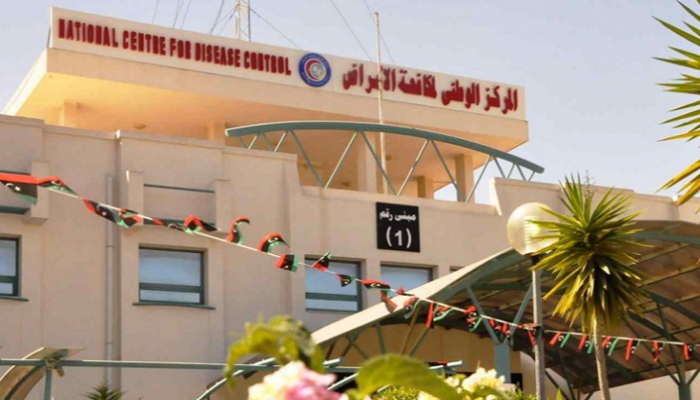A Long-Delayed Audit of Libya’s Central Bank Is to Go Ahead
A long-delayed international audit of Libya’s central bank is finally going ahead after the country’s prosecutor threatened legal action and a military commander made it a condition to lift a crippling oil blockade, judicial officials said.
Bloomberg reported that the audit of the bank in Tripoli, which handles billions of dollars annually in oil revenues, is to be conducted by Deloitte. Western and Libyan officials had accused bank Governor Sadiq Al-Kabir of obstructing the audit after he referred a check to pay for the review to the Libyan Audit Bureau, which held it up on technical grounds. The review will also apply to a parallel central bank in the east that has received billions of Libyan dinars printed in Russia.
Kabir has denied that he was stalling. The review took on added urgency after the forces of eastern military commander Khalifa Haftar, who’d launched a war in 2019 to overthrow the internationally recognized government in Tripoli, said on Saturday that a six-month blockade of oil ports and fields would be lifted only when there was a mechanism to fairly distribute oil revenues and an audit. Haftar’s war has drawn in military intervention by the United Arab Emirates and state-linked Russian mercenaries on his side, while Turkey has backed the government in Tripoli.
On Wednesday, the Libyan prosecution was informed that the payment had finally gone through, a day after state prosecutor Sadiq Al Sour addressed Kabir and Audit Bureau head Khaled Shakshak to demand that the payment for the audit be processed, a source in the prosecution office told Bloomberg. In his letter, Sour said the delay was obstructing a prosecution investigation into money laundering.
Central bank and audit bureau officials didn’t immediately respond to requests for comment.








